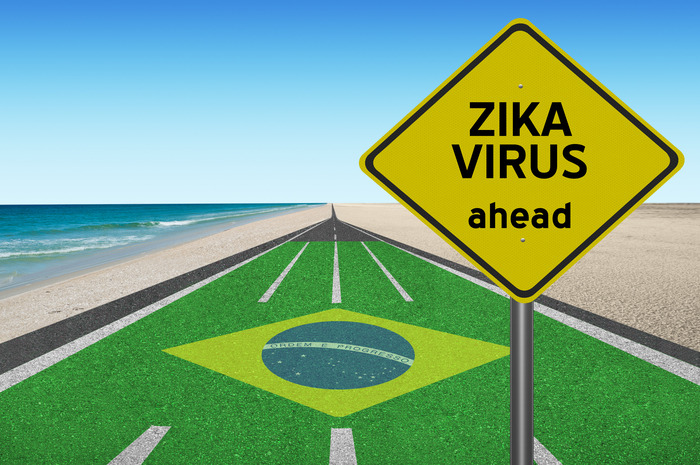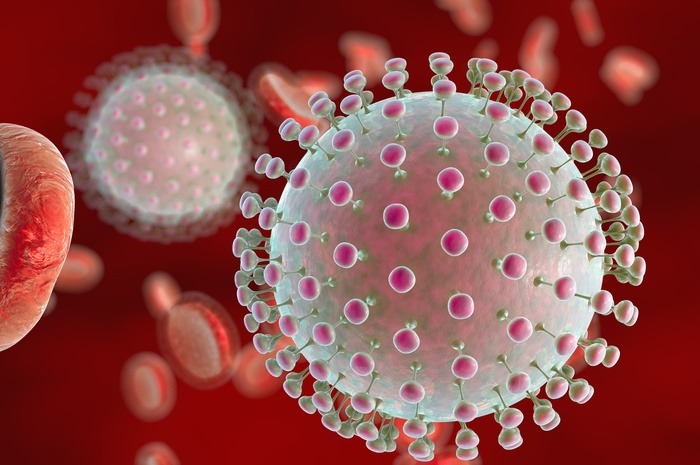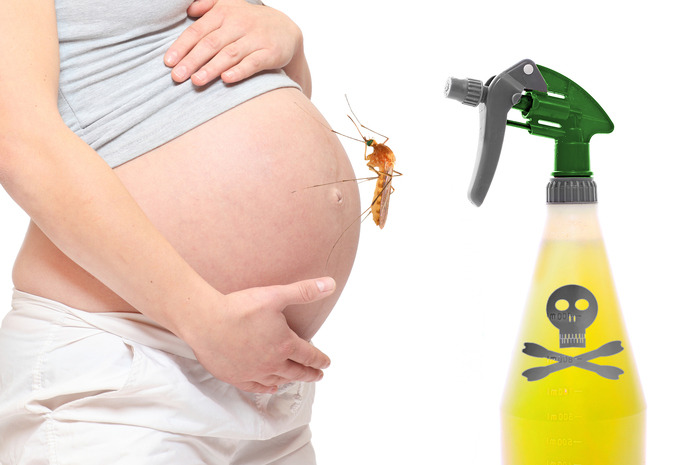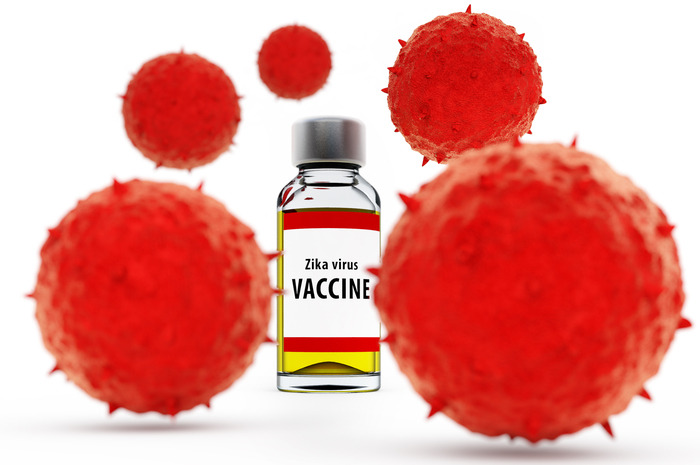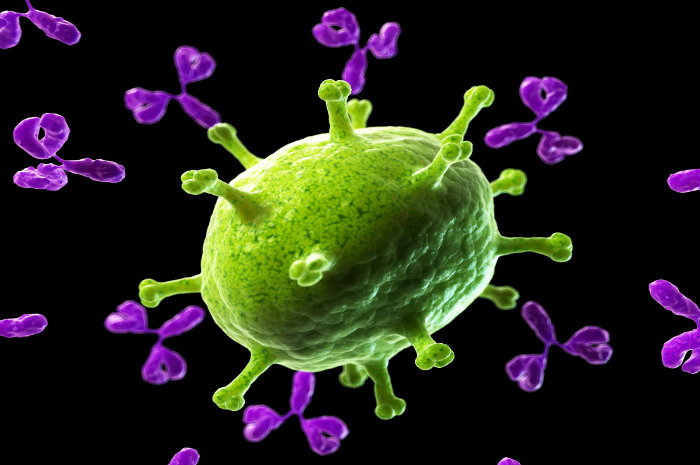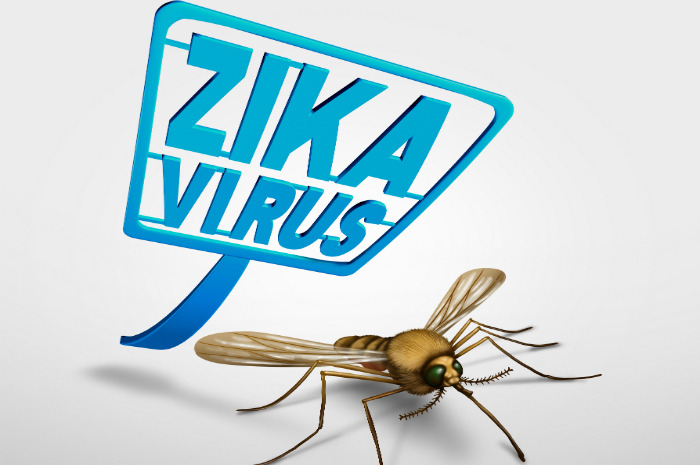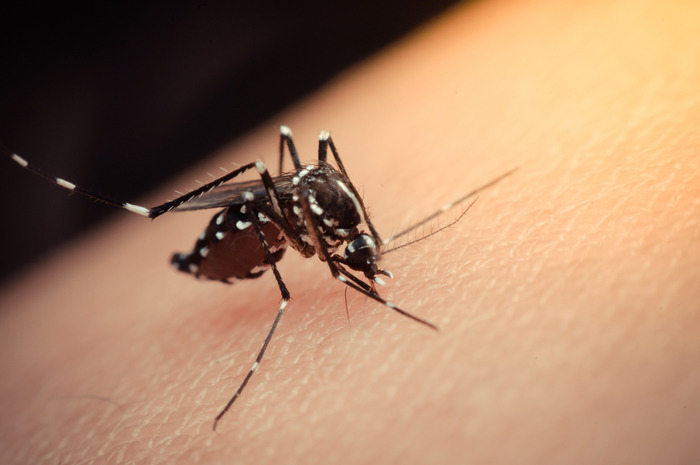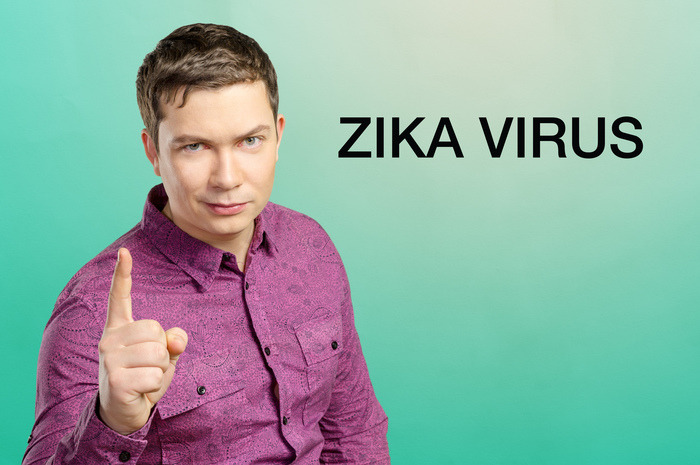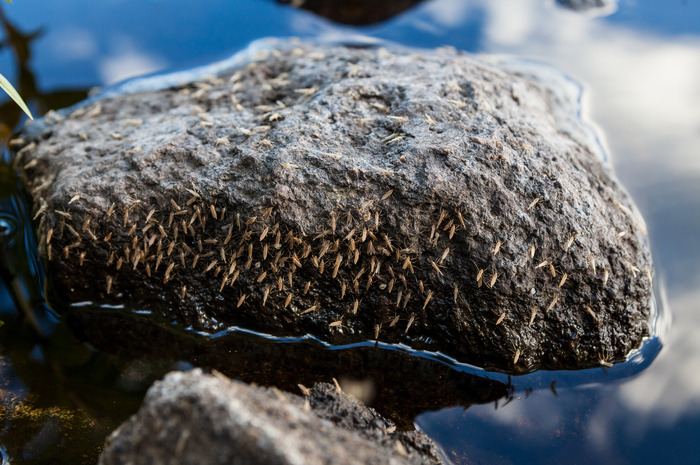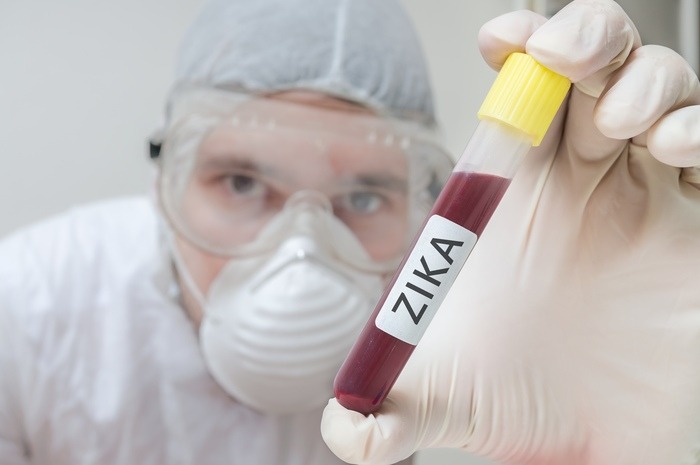Zika Facts And Myths: Is It That Scary?
A lot has been said and reported about the virus, especially with the Summer Olympics in Brazil, a Zika hot spot, beginning in a week. As of mid-2016, a widespread epidemic of the infection is ongoing in the Americas, according to the Centers for Disease Control and Prevention (CDC). And it is spreading. Four people in Miami-Dade area were infected with Zika – the first known cases of the virus being transmitted by mosquitoes by local mosquitoes in the continental U.S. – health officials have just confirmed.
It’s a very mild infection
"About 80 percent of infected people won't even know they have the virus," Dr. Catherine Laughlin, Chief of Virology Branch at Division of Microbiology and Infectious Diseases in the National Institute of Allergy and Infectious Diseases (NIAID). "This is how mild the infection is," she adds. The other 20 percent may experience some symptoms, which include may include fever, headache, joints pain, and other "usual malaises that many viruses cause," Dr. Laughlin says. "That's why so many people won't even think they have it."
Zika and a baby
The virus can have devastating consequences for a fetus. Zika can be passed from a pregnant woman to her baby during pregnancy or at delivery, which can lead to microcephaly, condition where a baby's head is much smaller than expected. "Microcephaly can occur because a baby's brain has not developed properly during pregnancy or has stopped growing after birth," according to the CDC. It has been linked to health problems such as seizures, developmental delays, intellectual disability, problems with movement and balance, hearing loss, and vision problems.
After your trip
Women who are trying to get pregnant but have traveled to a Zika hot spot wait at least 8 weeks after the symptoms have started, Dr. Laughlin says, in order to minimize the risk. Talk to your doctor even if there have been no indications, she adds. Men wait at least 6 months after the signs first appeared to have unprotected sex, according to the CDC.
No treatment or vaccine
There is no treatment and no vaccine against the virus, Dr. Laughlin says. "But we are working very hard on that," she adds. Some experimental serums that protect mice have been tested but the research is in early stages. "Studies with humans will probably begin in September or October," she adds. This will be Phase 1, which is designed to test the safety of a potential vaccine, and that's why it usually involves few people. Phase 2 looks at efficacy. Phase 3 is to determine if the vaccine actually protects people. All of this can take several years," Dr. Laughlin says.
Once infected, you’re protected for life
This is because the body develops an immune response that includes antibodies, Dr. Laughlin says. "So next time the body meets the bug, it will recognize it and shut it down very quickly," she adds. Most viruses related to Zika develop "good immunities," which is what makes experts "confident" that the same applies to Zika, she adds. "People with uncompromised immune system should be fine for the rest of their lives."
Zika-infected mosquitoes
WHO has declared the outbreak a public health emergency of international concern. Infected mosquitos are a threat because the virus won't kill them. "Its goal is to make sur it stays around," Dr. Laughlin says. "Most infections are co-evolving. Mosquitoes evolve so that they are more resistant and the virus evolves so that it doesn't kill the mosquito," she adds. "Man isn't a normal host and hasn't adapted at all." This is what sometimes leads to health problems.
How you get infected
There are three ways to get infected: Mosquito bites, from the mother to the unborn baby, and sexual transmission," Dr. Laughlin says. You can't get infected from casual contact, food, or water. Blood transfusion is theoretically another way of contracting the virus, she adds, but no such cases have been confirmed. Because most people infected with the Zika virus don't show any symptoms, blood donors may not know they have been infected, according to the CDC. The FDA has released guidelines for blood collection organizations.
Men and Zika
Several high-profile athletes have pulled out of the Summer Olympics, which begin on August 5, because of the virus, even though the most serious consequence is Zika-related microcephaly. The virus usually goes away in about 8 days but it has been shown to stay in semen for longer, Dr. Laughlin says. "So if men are planning to start a family, this may be a concern," she adds. Another "very rare" complication of Zika is muscle weakness and paralysis, which is why some athletes may be afraid.
Zika and local mosquitos
The first local spread of the Zika virus through infected mosquitoes in the continental United States was just confirmed in Florida. The transmission was confined to a small neighborhood just north of Miami and involved one woman and three men, according to media reports. Currently, there are no travel limitations to the Miami area, but the CDC expects several more cases of 'homegrown" Zika to be confirmed in the coming weeks.
Breeding grounds
Zika-infected mosquitos have been known to thrive in warm and rainy climates such as in Brazil, Uruguay and other parts in Latin America. Mosquitoes have range and they need to find water to breathe in, Dr. Laughlin says. "An increase in temperatures can lead to an increase in range and where mosquitos are found," she adds. El Niño, a warming of the central to eastern tropical Pacific Ocean, may increase breeding grounds for mosquitoes spreading Zika virus, according to WHO.
Overall, it’s been overhyped
"If I were a pregnant woman, I would not go to Rio," Dr. Laughlin says. "Men planning to impregnate their wives should be careful," she adds. But if you use mosquito repellent, wear long sleeves when possible, and stay in places with screens, you should be "absolutely fine." It's winter in Brazil right now, which means much less mosquito activity, Dr. Laughlin says.
Mosquito repellent
CDC recommends that consumers use repellent products that have been registered by the Environmental Protection Agency (EPA). You can find a produce here. Definitely don't use items that have sugar in them, Dr. Laughlin adds, as the mosquitoes will get attracted to the sweetness, because all mosquitoes need sugar to survive. "Most of the time mosquitoes get their sugar fix from flowers and other plants, but are also know to prey on humans," according to Inside Science.
